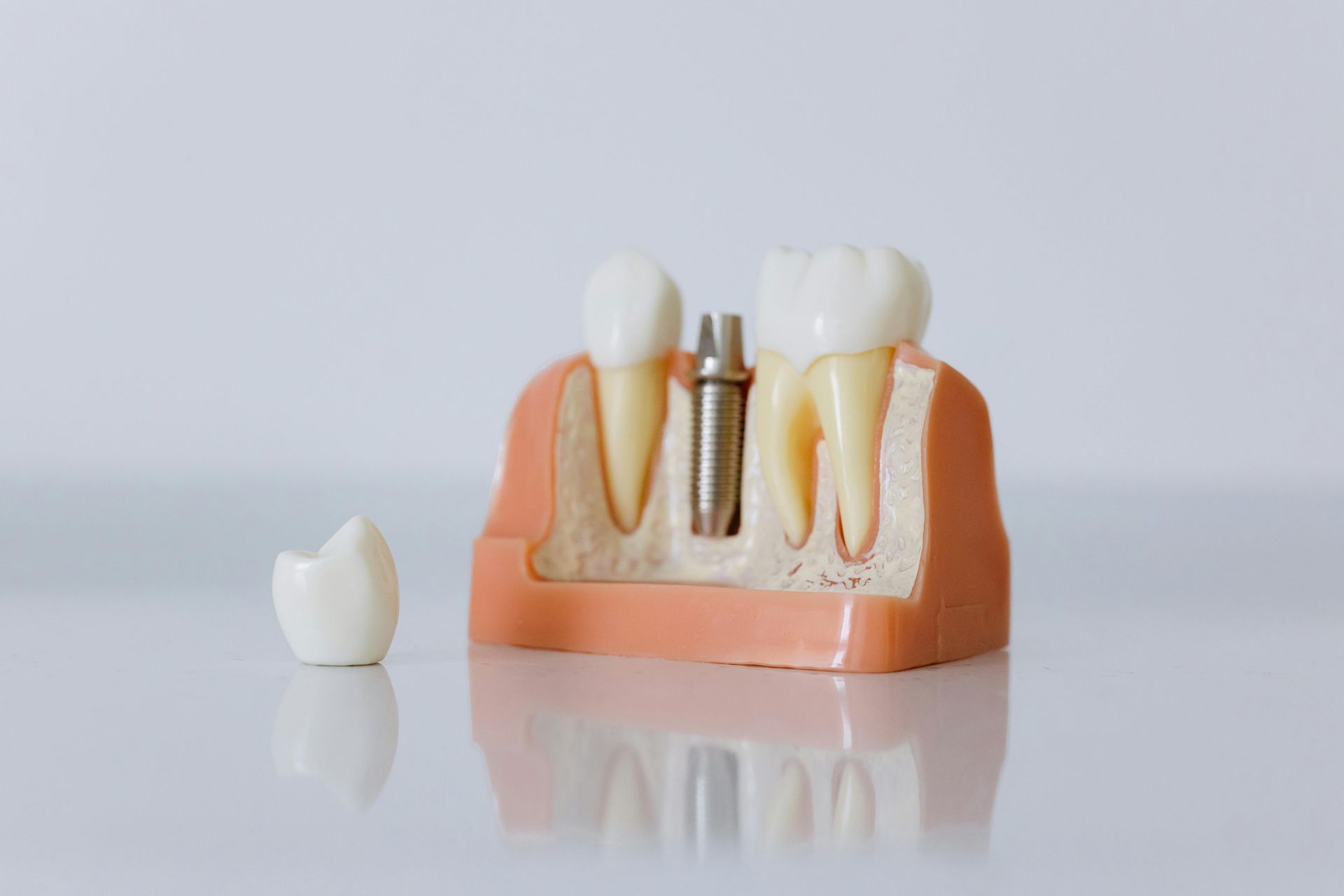HELP ME WITH
MOUTH ULCERS
Mouth ulcers cause pain during eating or drinking, leading to discomfort and self-consciousness. Common causes include stress, oral injury, diet, or health conditions, helping you understand these sores.

Our dental practice provides compassionate care for mouth ulcers. Treatments include topical gels, oral rinses, or addressing underlying causes. Find a dentist near you for effective, tailored solutions.

What Is
Mouth Ulcers?
Mouth ulcers, also called canker sores, are small, painful sores that form inside the mouth, often on the gums, tongue, or inner cheeks. They’re usually harmless but can make eating, drinking, or speaking uncomfortable. Most heal within one to two weeks, but persistent or severe ulcers may need attention from a local dentist to rule out underlying issues.
Causes of Mouth Ulcers
Mouth ulcers can develop from various triggers, including:
- Minor Injury: Biting your cheek, rough brushing, or dental work can cause sores.
- Stress or Fatigue: High stress, like during a busy workweek, can spark ulcers.
- Food Sensitivities: Spicy, acidic, or salty foods, like tomatoes or crisps, may trigger sores.
- Hormonal Changes: Puberty, pregnancy, or menopause can increase the risk.
- Nutritional Deficiencies: Low levels of iron, vitamin B12, or folic acid can contribute.
- Medical Conditions: Conditions like Crohn’s disease or a weakened immune system may cause recurring ulcers.
For example, a student might notice a sore after late-night revision, or a parent might spot one after eating a tangy takeaway. A
dentist near you can identify the cause and suggest the best approach.
Symptoms of Mouth Ulcers
Common signs of mouth ulcers include:
- Small, round, or oval sores with a white or yellow centre and red border.
- Pain or stinging when eating, drinking, or brushing.
- Sensitivity to spicy, acidic, or hot foods.
- Swollen or tender areas around the sore.
- In rare cases, fever or feeling unwell with multiple ulcers.
These symptoms can make routine tasks, like enjoying a Sunday roast, uncomfortable. A local dentist can assess your symptoms and offer relief.
Mouth Ulcers Treatment Near You
A dentist near you will examine your mouth to determine the ulcer’s cause and severity. Most ulcers heal on their own, but treatments can speed recovery and ease pain:
- Over-the-Counter Gels: Topical gels or pastes reduce pain and protect the sore.
- Mouth Rinses: Antiseptic or steroid-based rinses reduce inflammation and prevent infection.
- Pain Relief: Paracetamol or ibuprofen can help manage discomfort (follow dosage instructions).
- Dietary Advice: Your dentist may suggest avoiding trigger foods like spicy or acidic dishes.
- Supplements: If deficiencies are suspected, iron or vitamin supplements may be recommended.
- Medical Review: For recurring ulcers, your dentist may refer you to a GP to check for underlying conditions.
Our team ensures a gentle, reassuring experience. For instance, a nervous patient might worry about discussing sores, but we make the process comfortable and straightforward.
At-Home Tips for Managing Mouth Ulcers
While waiting to see a local dentist, try these steps to ease discomfort:
- Rinse with Salt Water: Mix a teaspoon of salt in warm water and rinse gently to soothe the sore.
- Avoid Trigger Foods: Skip spicy, acidic, or rough foods like crisps or crusty bread.
- Use a Soft Toothbrush: Brush gently to avoid irritating the ulcer.
- Apply Ice: Hold a small ice cube against the sore to numb pain briefly.
- Stay Hydrated: Drink water to keep your mouth moist and support healing.
These tips provide temporary relief, but professional mouth ulcers treatment near you ensures faster recovery and rules out serious causes.
When to See a Dentist Near You
Contact a dentist near you if:
- Ulcers last longer than two weeks or keep returning.
- Pain is severe or affects eating and drinking.
- You notice multiple sores or a fever.
- Sores are unusually large or spread rapidly.
Early care prevents complications and provides peace of mind. We’ve helped patients overcome the discomfort of mouth ulcers, and we’re here for you too.
Preventing Mouth Ulcers
Reduce the risk of ulcers with these habits:
- Brush gently with a soft toothbrush and floss daily.
- Manage stress with relaxation techniques like yoga or deep breathing.
- Eat a balanced diet rich in fruits, vegetables, and whole grains.
- Visit your local dentist every six months for check-ups to catch issues early.
- Avoid known trigger foods, like overly spicy dishes.
Simple changes, like rinsing after acidic drinks, can keep your mouth healthy.
Your Trusted Dentist
Book Your Dental Appointment Today
Call us now or
Book online to schedule your consultation with a trusted local dentist.



